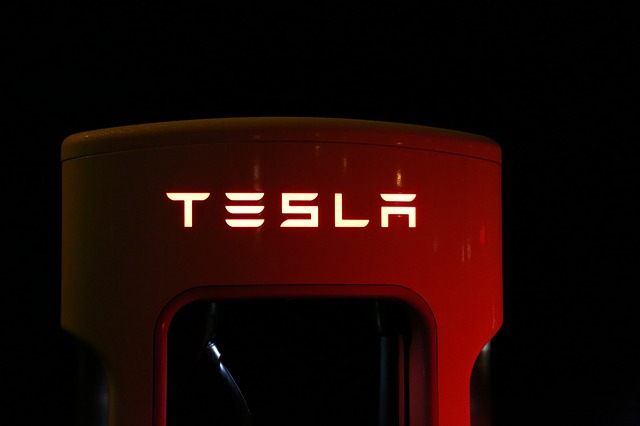Now Reading: House Republicans propose to eliminate $7,500 electric vehicle credit
-
01
House Republicans propose to eliminate $7,500 electric vehicle credit
House Republicans propose to eliminate $7,500 electric vehicle credit

House Republicans are proposing to get rid of the $7,500 tax credit for electric vehicles, which could harm automakers such as General Motors, Tesla Inc and Nissan Motor, according to the bill revealed on Thursday.
Present law enables automakers to use the credit, which phases out after an automaker hits 200,000 plug-in vehicles sales. Electric vehicles have costly batteries that make them costlier than gasoline-powered vehicles.
Environmental groups and an auto industry trade group criticized the proposal, which would start at the end of this year. General Motors pledged to combat, saying the credits are a crucial customer advantage that can help speed up the acceptance of electric vehicles. Tesla refused to comment.
Nissan stated it supports continuing the tax credit and noted it has made considerable investments in the development of market-leading electric vehicles.
Critics of the credit say electric vehicle purchasers have the tendency to be wealthier than average and do not require subsidies.
Gloria Bergquist, a spokeswoman for the Alliance of Automobile Manufacturers, a trade group representing General Motors, Toyota Motor, Volkswagen and others, stated the change could harm electric vehicle sales.
“The potential elimination of the federal electric vehicle tax credit will impact the choices of prospective buyers and make the electric vehicle mandate in 10 states – about a 3rd of the market – a lot more difficult to meet,” Bergquist stated.
“The EV tax credit repeal would deliver U.S. management in clean automobiles, putting our companies at a competitive drawback and threatening jobs while costing drivers more at the pump and increasing pollution,” stated Luke Tonachel, director of the National Resources Defense Council’s Clean Vehicles and Fuels Project.
Automakers have invested billions in electric vehicles and revealed plans to shift considerable production to plug-in models.
Former President Barack Obama had proposed hiking the tax credit for electric vehicles to $10,000 and transforming it to a point-of-sale rebate.
The House GOP plan likewise requires rescinding and phasing out other energy tax credits, consisting of production and investment tax credit for solar, geothermal, fuel cell, wind energy and other clean energy tasks.
Stay Informed With the Latest & Most Important News
Previous Post
Next Post
-
 01Polestar Boss Says It’s Time To Outrun BMW M And Mercedes-AMG
01Polestar Boss Says It’s Time To Outrun BMW M And Mercedes-AMG -
 02Spy Shots: 2027 Mitsubishi Pajero Spotted in Testing Ahead of Possible U.S. Return
02Spy Shots: 2027 Mitsubishi Pajero Spotted in Testing Ahead of Possible U.S. Return -
 032026 Toyota Hilux EV: A Powerful Truck with Silent Torque
032026 Toyota Hilux EV: A Powerful Truck with Silent Torque -
 04Spy Photos: VW ID. Polo GTI Goes Electric with 223 HP and 280 Miles of Range
04Spy Photos: VW ID. Polo GTI Goes Electric with 223 HP and 280 Miles of Range -
![2027 Mercedes-Benz S-Class Debuts with V8 Engine [Photo Gallery]](https://speedlux.com/wp-content/uploads/2026/01/2027-Mercedes-Benz-S-Class-33-155x125.jpg) 052027 Mercedes-Benz S-Class Debuts with V8 Engine [Photo Gallery]
052027 Mercedes-Benz S-Class Debuts with V8 Engine [Photo Gallery] -
 06The Controversial Ford Voodoo V8 That Was Killed Off Too Early
06The Controversial Ford Voodoo V8 That Was Killed Off Too Early -
 07Hyundai Palisade’s Breakout Year Shows How Quickly the Market Can Turn
07Hyundai Palisade’s Breakout Year Shows How Quickly the Market Can Turn


![2027 Mercedes-Benz S-Class Debuts with V8 Engine [Photo Gallery]](https://speedlux.com/wp-content/uploads/2026/01/2027-Mercedes-Benz-S-Class-33-700x394.jpg)












































